Moses is overworked, so his father-in-law gives him some sage advice. What implications does his advice have for how we do ministry? And what implications does the identity of the sage have for how we do ministry?
Exodus 18 – Jethro’s Wisdom
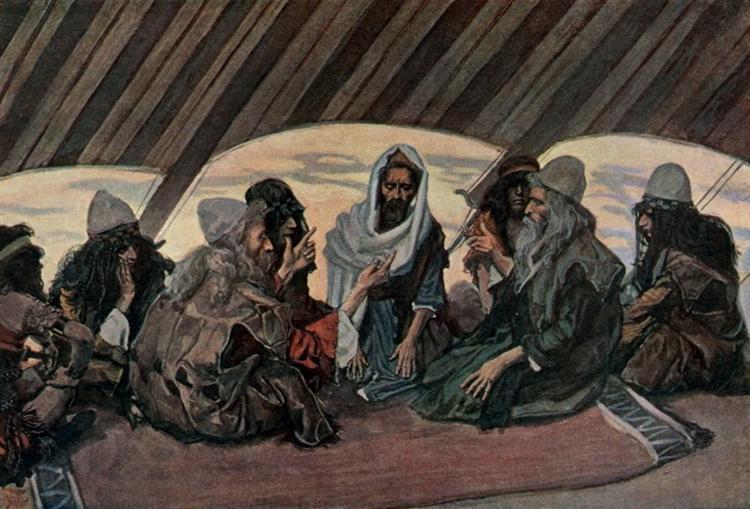

Moses is overworked, so his father-in-law gives him some sage advice. What implications does his advice have for how we do ministry? And what implications does the identity of the sage have for how we do ministry?
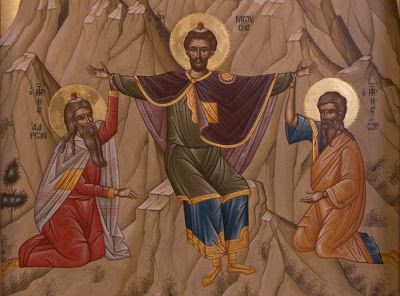
Moses’ arms get tired.
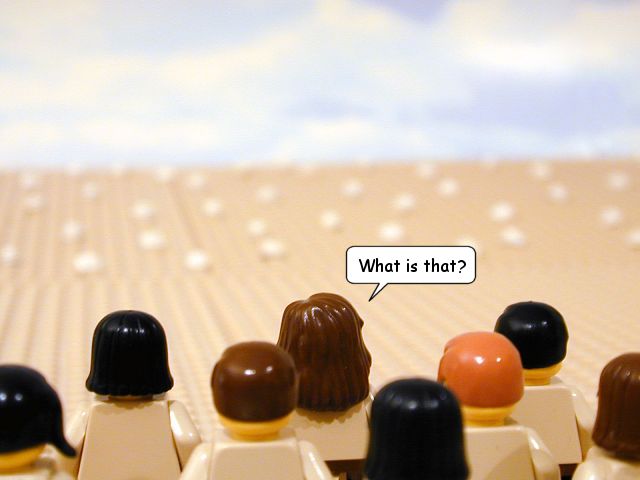
The Israelites begin to feel the burden of the wilderness. God provides for them. Or is it a test?

Tom tells us about his new book, Underdogs and Outsiders. Why is Matthew’s genealogy the perfect place from some serious Advent reflection? How do we read Biblical genealogies?
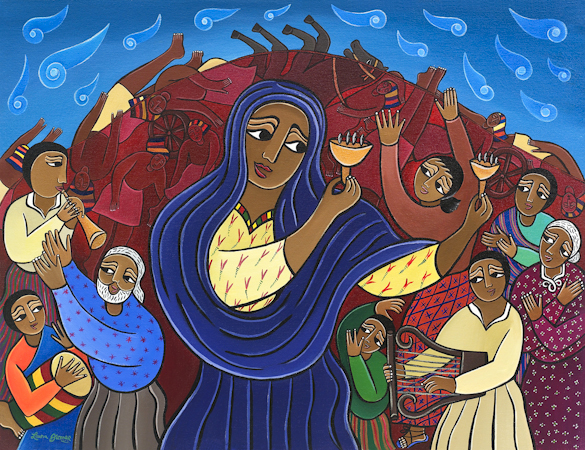
Why does the Exodus story shift from narrative to poetry? How does Moses’ song embody the Ancient Near Eastern salvific imagination? Plus: marking salvation and the Israelites who didn’t make it across
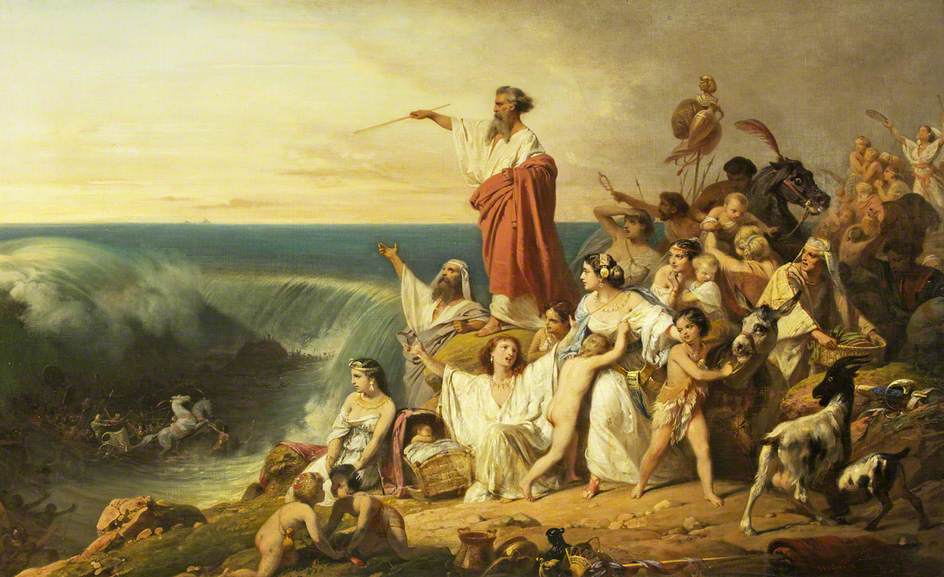
Israel crosses the Red Sea. God continues to test Pharaoh. Pharaoh is destroyed. Israel is re-created.
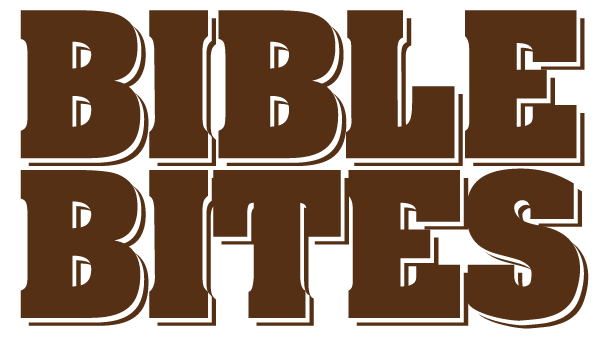
Welcome our new co-host Elizabeth Glass Turner. After we debate Hogwarts houses for a while, we reintroduce ourselves and prepare to dive back into Exodus!
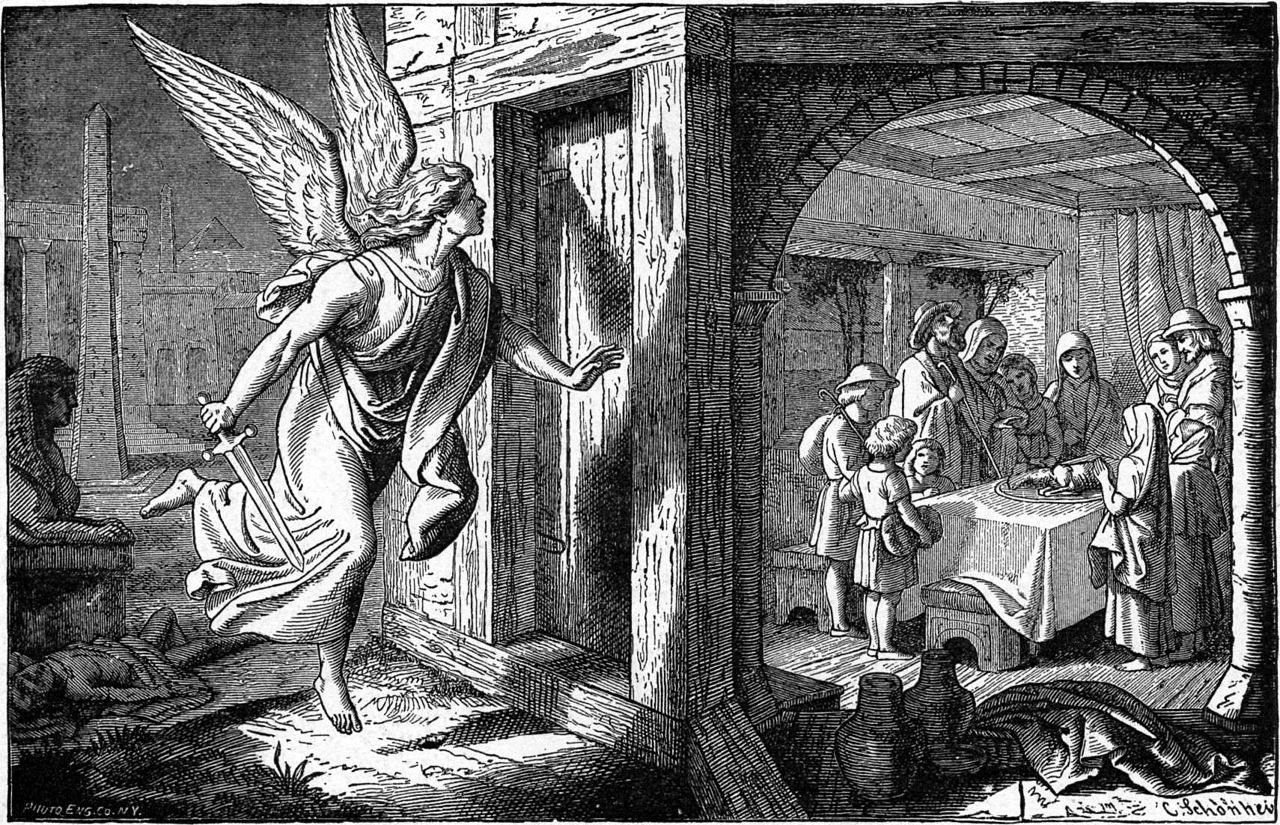
The 10th Plague has arrived. We discuss the importance of the Passover as a liturgy, wonder at the death of the Egyptian firstborns and examine the Israelites’ departure.
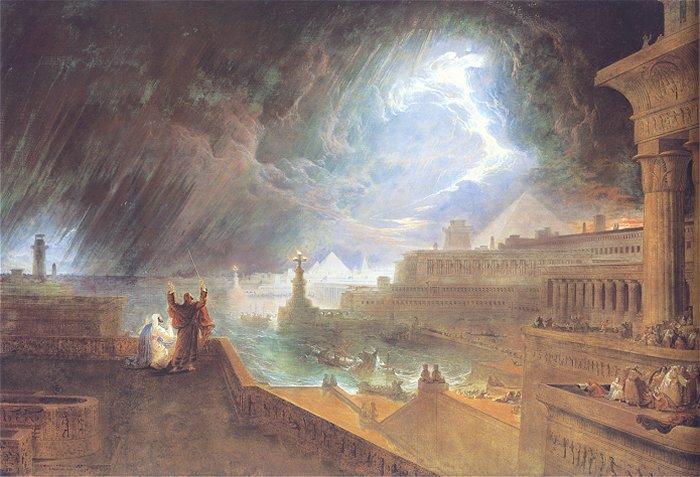
The 10 Plagues are here! What do they mean, both individually and taken together? Exodus 7:14-10:29
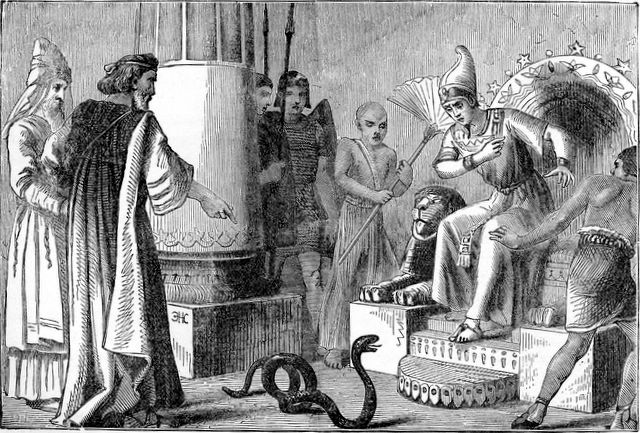
There’s a genealogy. Aaron has a rod. And Pharaoh assumes the people are lazy, which is a convenient excuse for oppression.